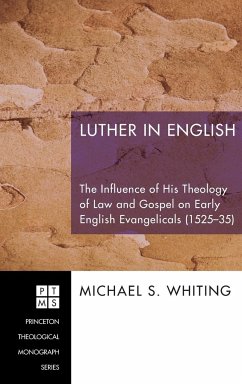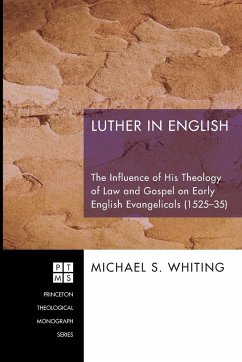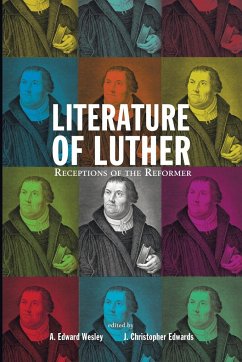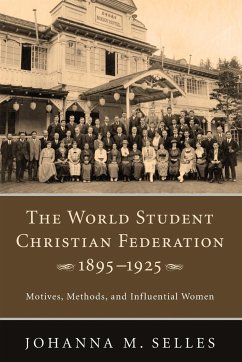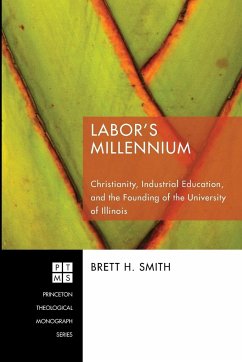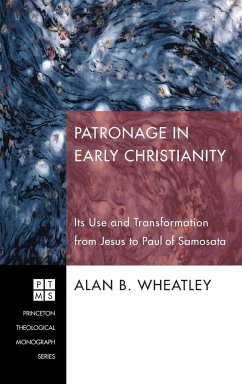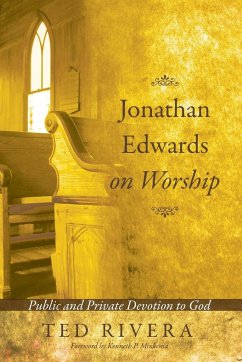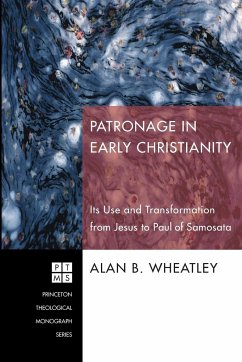Recent studies have increasingly downplayed, and in a few cases even wholly denied, the influence of Martin Luther's theology of Law and Gospel on early English evangelicals such as William Tyndale. The impact of a late medieval Augustinian renaissance, Erasmian Humanism, the Reformed tradition, and Lollardy have all but eclipsed the more central role once attributed to Luther. Whiting reexamines these claims with a thorough reevaluation of Luther's theology of Law and Gospel in its historical context spanning twenty-five years, something entirely lacking in all previous studies. Based on extensive research in the primary sources, with acute attention to the larger historical narrative and in dialogue with secondary scholarship, Whiting argues that scholars have often oversimplified Luther's theology of Law and Gospel and have thus wrongly diminished his very significant, even principal, influence upon first-generation evangelicals William Tyndale, John Frith, and Robert Barnes during the English Reformation of the 1520s and 30s.
Hinweis: Dieser Artikel kann nur an eine deutsche Lieferadresse ausgeliefert werden.
Hinweis: Dieser Artikel kann nur an eine deutsche Lieferadresse ausgeliefert werden.

